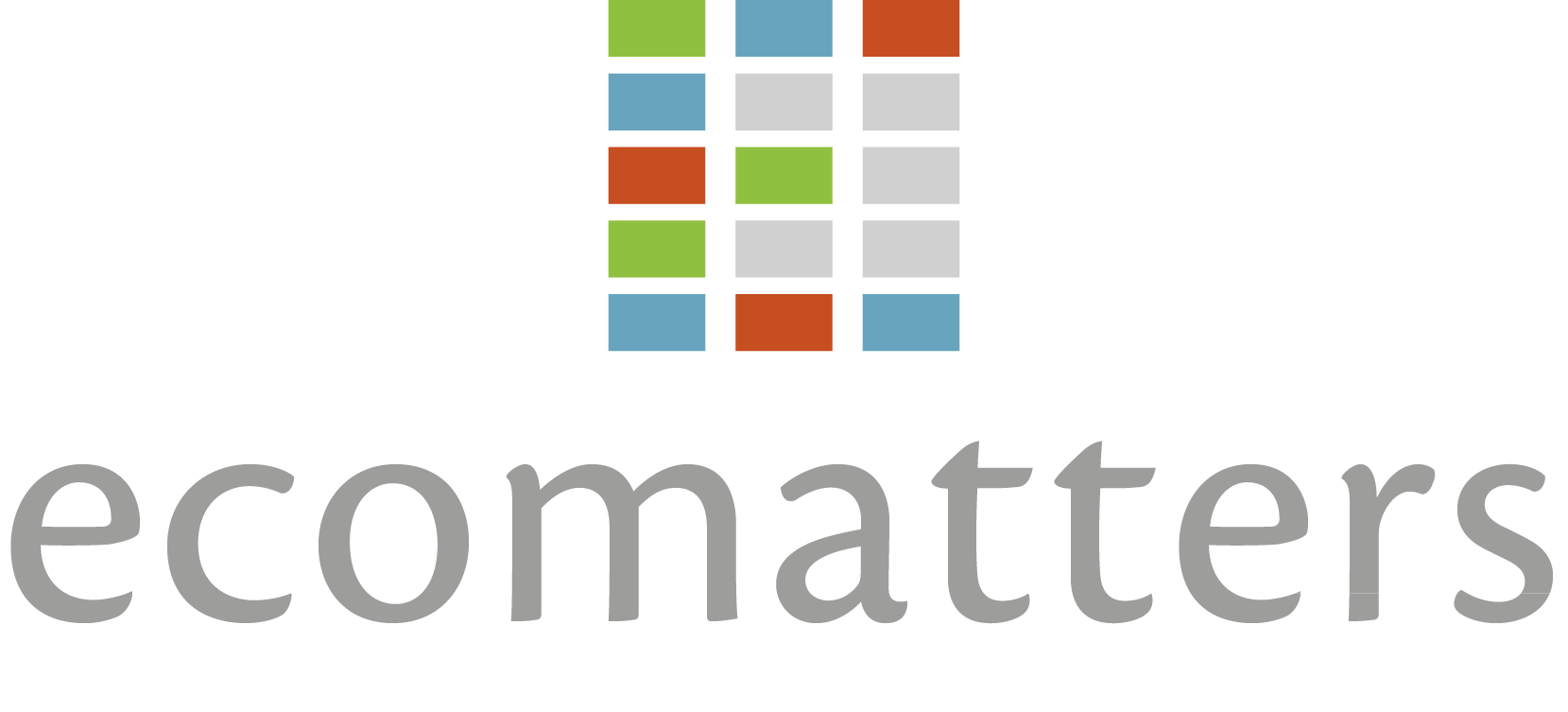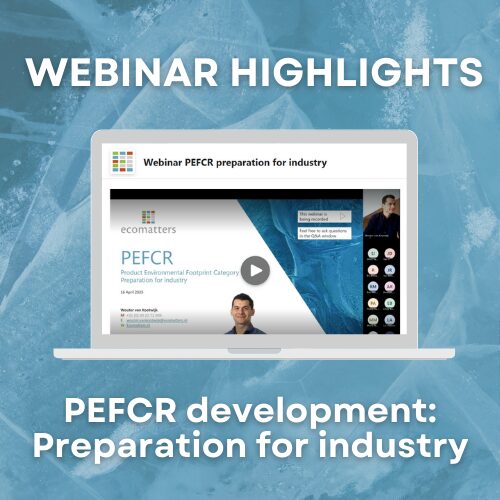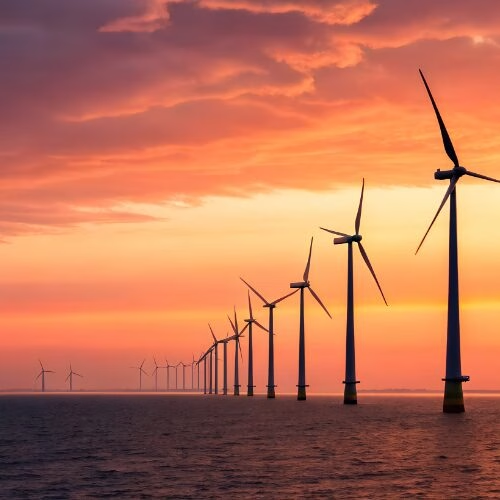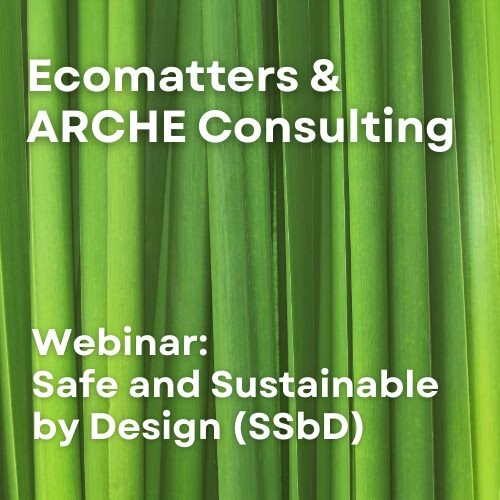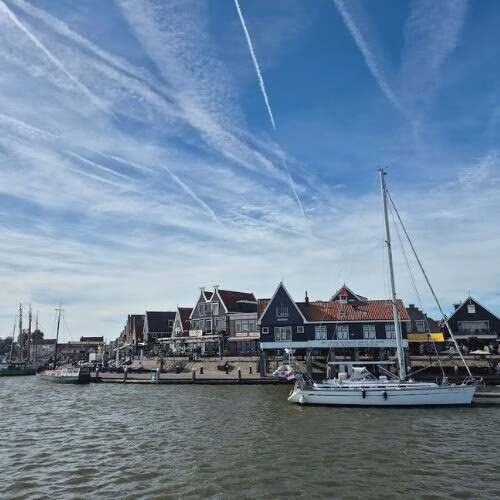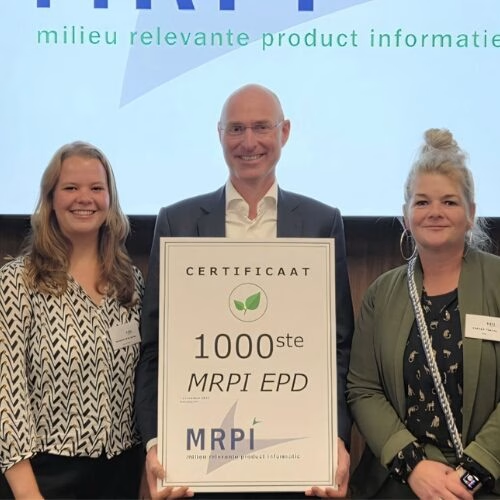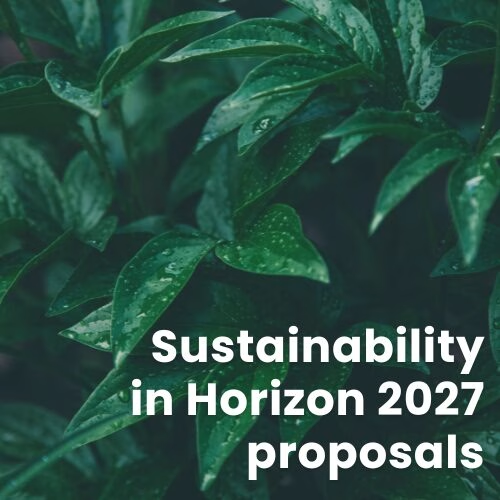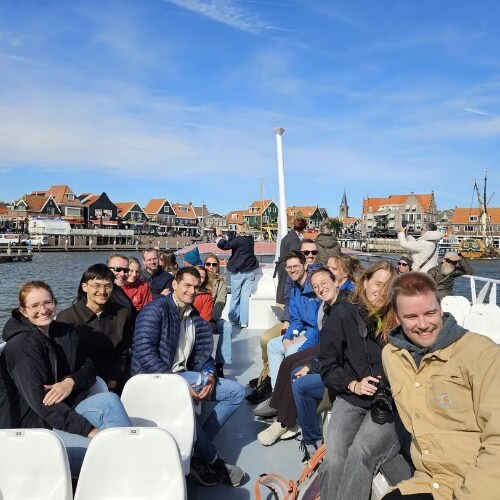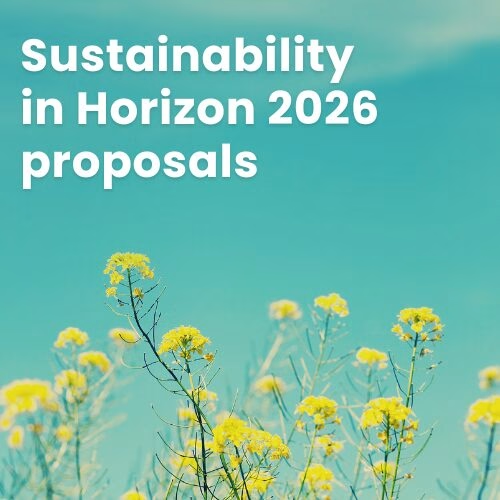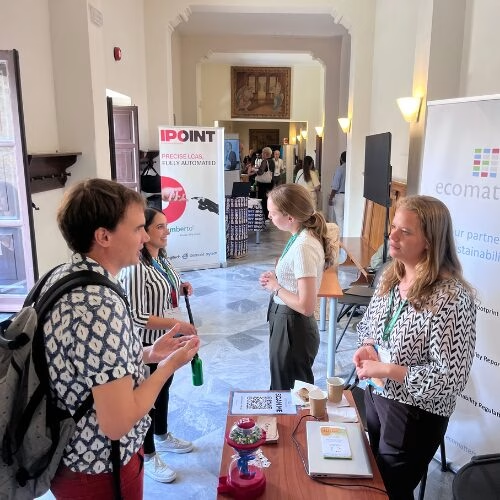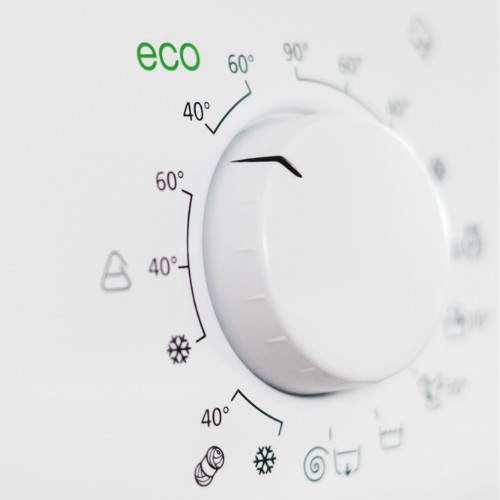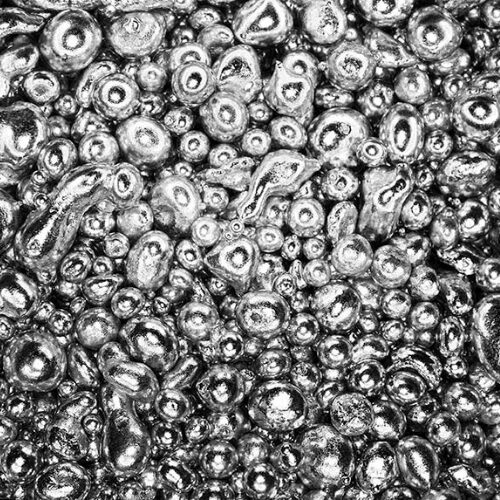On 16 April 2025, Ecomatters successfully hosted a dedicated webinar on Product Environmental Footprint Category Rules (PEFCR) development, drawing participants from a diverse range of industry sectors. Organised in close collaboration with the European Ventilation Industry Association (EVIA), the session aimed to clarify the growing role of PEFCRs in European legislation and demonstrate how manufacturers and industry organisations can take proactive steps in preparing for the regulatory changes ahead by developing a PEFCR.
The webinar was led by our colleague Wouter van Kootwijk and featured contributions from Alexander Rowlatt, Chair of EVIA’s Circular Economy Policy Group. Their combined perspectives cover both technical and policy dimensions, offered participants a practical, well-rounded understanding of the topic. The session built on the work Ecomatters has carried out with EVIA in developing a dedicated PEFCR for ventilation units and fans, setting a strong precedent for similar initiatives.
Why PEFCR development matters to industry
With the rise of sustainability-focused EU regulations such as the Green Claims Directive, ESPR (Ecodesign for Sustainable Products Regulation), and the Battery Regulation, the Product Environmental Footprint (PEF) has emerged as the preferred methodology to quantify environmental impacts. As these policies increasingly reference PEF as a benchmark, it is vital for industries and companies to understand the implications.
For companies operating across multiple markets, harmonisation through PEFCRs offers not just clarity, but also credibility. Standardised methods enhance comparability, ease compliance efforts, and reinforce market trust. Importantly, engaging early in the PEFCR development process allows industry stakeholders to help shape the rules, ensuring they are both practical and reflective of real-world production systems.
Key topics covered during the webinar
Throughout the session, several core themes were discussed, including:
- An overview of Life Cycle Assessment (LCA) methods, Environmental Product Declarations (EPD), and the PEF methodology, including their interconnected roles in quantifying environmental performance.
- The purpose and structure of PEFCRs, highlighting how they are developed in collaboration with industry to promote consistency and robust benchmarking.
- Insights from the EVIA PEFCR project, such as defining representative products and the importance of realistic use-phase scenarios to ensure relevance and accuracy.
Preparing for policy developments through PEFCR development
The webinar also outlined the timeline and process for developing a PEFCR, which typically spans at least one year. By starting early, industry players can:
- Identify key environmental hotspots for their products.
- Ensure that sector-specific characteristics are well-represented in the rules.
- Contribute to evidence-based policy discussions at EU level.
These steps are particularly valuable for sectors anticipating upcoming product-specific legislation under frameworks such as the ESPR or the Green Claims Directive.
Recording and contact
You can access the recording of the webinar here. Want to explore how Ecomatters can help your industry? Complete our contact form or schedule a call with one of our experts.
